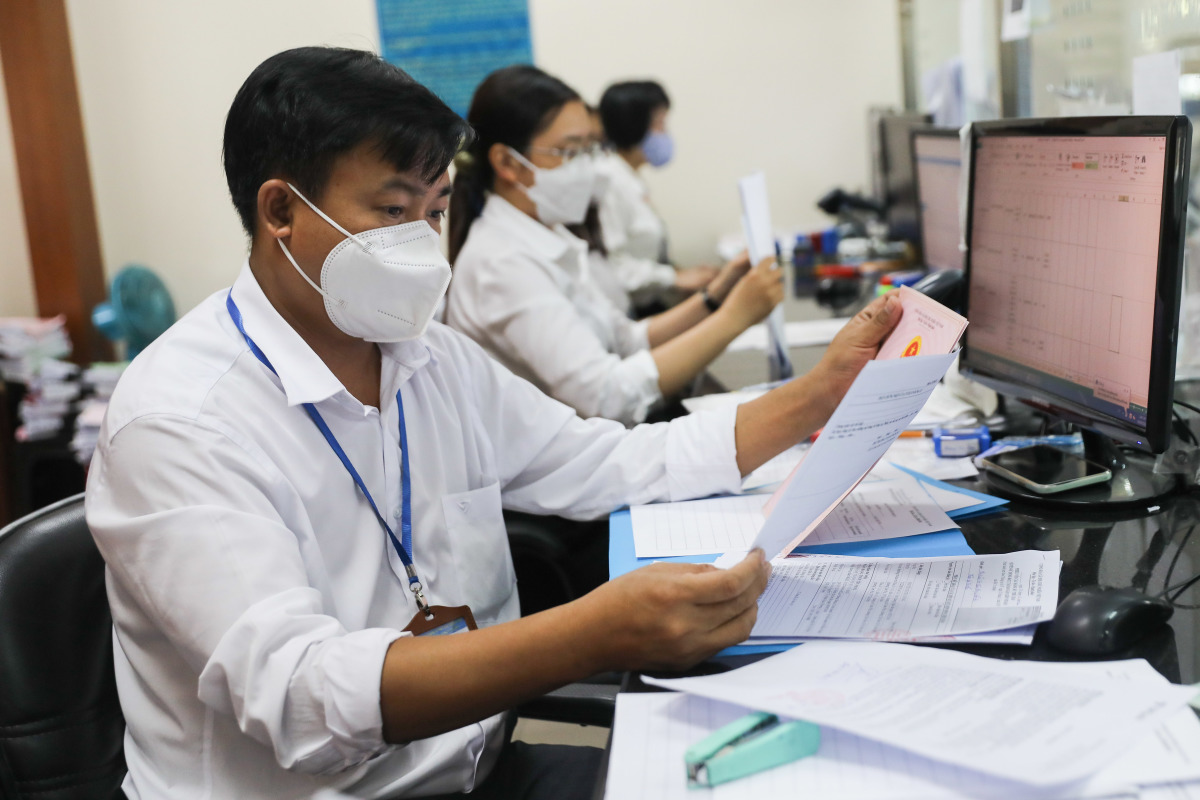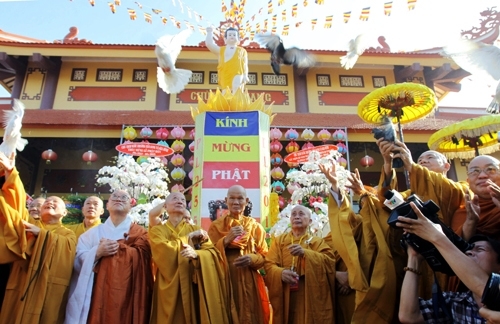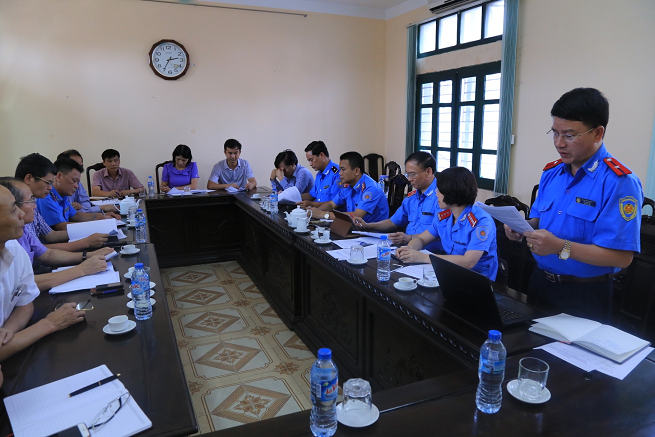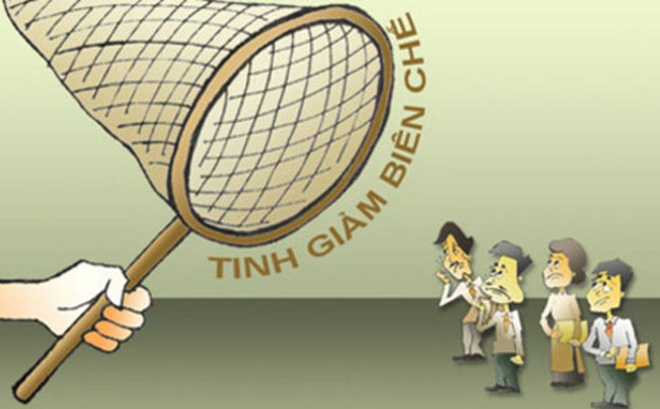What is transfer? What are regulations on transfer of civil servants in Vietnam? - Quoc Dung (Ben Tre, Vietnam)

What is transfer? Regulations on transfer of civil servants in Vietnam (Internet image)
1. What is transfer?
According to Clause 10, Article 7 of the Law on Cadres and Civil Servants 2008, transfer means a competent agency to decide to send a cadre or civil servant from one agency, organization or unit to another.
2. Who are civil servants?
According to Clause 2, Article 4 of the Law on Cadres and Civil Servants 2008 (amended in 2019), civil servants are Vietnamese citizens who are recruited and appointed to ranks, posts or titles in:
- Agencies of the Communist Party of Vietnam, the State, socio-political organizations at the central, provincial and district levels;
- People’s Army agencies and units, other than officers, professional military personnel and defense workers;
- Agencies and units of the People's Public Security that are not officers, non-commissioned officers serving under the professional regime, public security workers, on payroll and receiving salaries from the state budget.
3. Regulations on transfer of civil servants in Vietnam
The transfer of civil servants according to Article 26 of Decree 138/2020/ND-CP is as follows:
- The transfer of civil servants shall be carried out in the following cases:
+ According to specific task requirements;
+ According to the master plan and plan on employment of civil servants within agencies and organizations, and between agencies and organizations under the decisions of competent agencies;
+ Change the working position according to the Party's regulations and the law.
- Authority to mobilize civil servants:
Heads of agencies or organizations assigned or decentralized to manage civil servants shall decide on the transfer of civil servants under their management or submit them to competent authorities for decision in accordance with law.
- Order and procedures for dispatching civil servants:
+ Based on the planning, work needs, capacity, and forte of civil servants, heads of agencies or organizations assigned or decentralized to manage civil servants shall develop plans and measures to mobilize civil servants under their management, and report them to competent authorities for consideration and decision on implementation;
+ Make a list of civil servants to be dispatched;
+ Specific implementation measures for each case;
+ For civil servants holding leadership and management positions, the order and procedures for transfer shall be carried out as in the case of the appointment of leading and managerial civil servants from other human resources, as prescribed in Clause 3, Article 46 of the Decree 138/2020/ND-CP.
- Before deciding to mobilize civil servants, the head of the agency assigned or decentralized to manage civil servants should meet with the civil servant to clearly state the purpose and necessity of the transfer and listen to the civil servant's suggestions. before making decisions according to their competence or reporting to competent authorities for consideration and decision.
4. Regimes and policies for dispatched civil servants in Vietnam
The regimes and policies for civil servants who are deployed under Article 28 of Decree 138/2020/ND-CP are as follows:
- Civil servants holding leadership and management positions who are transferred to another working position but the new position allowance is lower than the current position allowance shall be entitled to reserve the position allowance for a period of 06 months.
The agency or organization that appoints the seconded civil servant shall pay salaries and ensure other benefits of the public employee during the seconded period, and arrange suitable jobs for the public employee upon the expiration of the seconded term.
- In case civil servants are seconded to work in mountainous areas, border areas, islands, deep-lying areas, remote areas, ethnic minority areas, or areas with extremely difficult socio-economic conditions, they shall receive preferential regimes and policies as prescribed by law.
Quoc Dat
- Key word:
- transfer of civil servants in Vietnam
 Article table of contents
Article table of contents
![[InfoGraphic] 6 forms of discipline for officials and public employees under Decree 71/2016/ND-CP](https://cdn.lawnet.vn//uploads/NewsThumbnail/2016/07/12/1319291-01.png)




.Medium.png)
.Medium.png)
.Medium.png)
.Medium.png)
